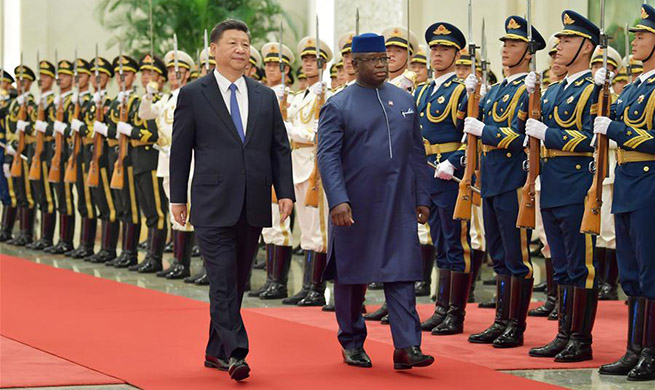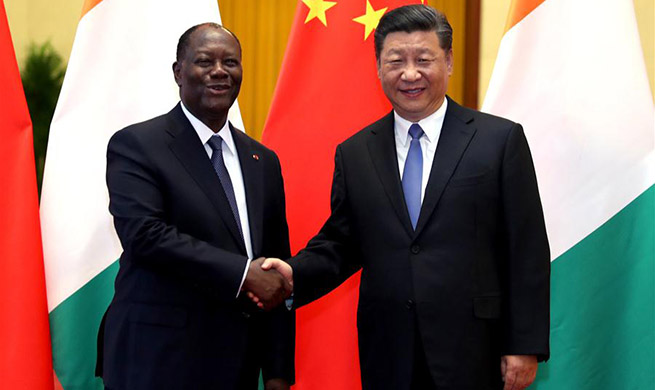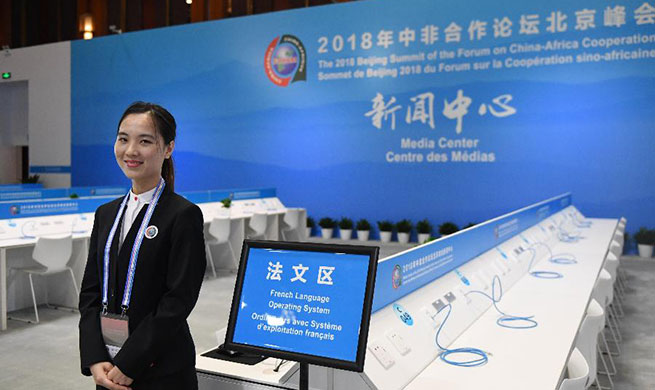SEOUL, Aug. 31 (Xinhua) -- South Korea's central bank on Friday left its benchmark interest rate unchanged for the ninth consecutive month amid the worsening of recent economic indicators.
Bank of Korea (BOK) Governor Lee Ju-yeol and six other policy board members decided to freeze the policy rate at 1.50 percent. The BOK refrained from altering the rate since it raised its target rate to the current level from an all-time low of 1.25 percent in November last year.
It was in line with market expectations. According to a Korea Financial Investment Association (KFIA) survey of 100 fixed-income experts, 82 percent predicted the rate freeze.
The central bankers were reluctant to raise the policy rate as recent economic data boosted worry about recovery.
The on-year growth in employment hit the lowest in July since the global financial crisis battered the world economy in 2009. The headline inflation posted 1.5 percent last month, staying below the BOK's target rate of 2.0 percent.
Exports, which account for about half of the export-driven economy, showed a robust picture as the July outbound shipment reached the second-biggest reading.
Negative risk factors, however, remained at home and abroad such as trade conflict among major economies and the difficulties in doing business especially among the self-employed here.
Confidence among South Korean consumers over economic situations hit a 17-month low, while business sentiment worsened to the lowest in 18 months.
The BOK said in a statement that this year's economic growth would roughly be in line with its July growth forecast. The central bank set the country's gross domestic product (GDP) growth outlook for this year at 2.9 percent.
Though investment would slow down, the BOK forecast that private consumption would keep the rising trend while exports would show a rosy picture amid the global recovery.
Despite the BOK's economic assessment, pressures mounted on the BOK to raise its policy rate amid the expected rate increase in the United States and the record-breaking household debts.
One of the BOK policy board members claimed a 25-basis-point rate hike for two straight months through August.
The U.S. Federal Reserve lifted its benchmark rate by 25 basis points in June to a range of 1.75-2.00 percent, topping the BOK's target rate of 1.50 percent.
If the BOK belatedly responds to the Fed's rate increase, foreign capital funds could abruptly flow out of the South Korean financial market seeking high-yield assets. It could cause a foreign exchange crisis here.
Amidst the near-record-low borrowing costs, households kept rushing to buy new home with borrowed money. It led to a continued expansion in household debts that kept a record-breaking trend.
The top central banker told a press conference after the rate-setting meeting that it was hard to tackle the slumping employment and the heated real estate market only with monetary policy as structural factors affected the problems.













